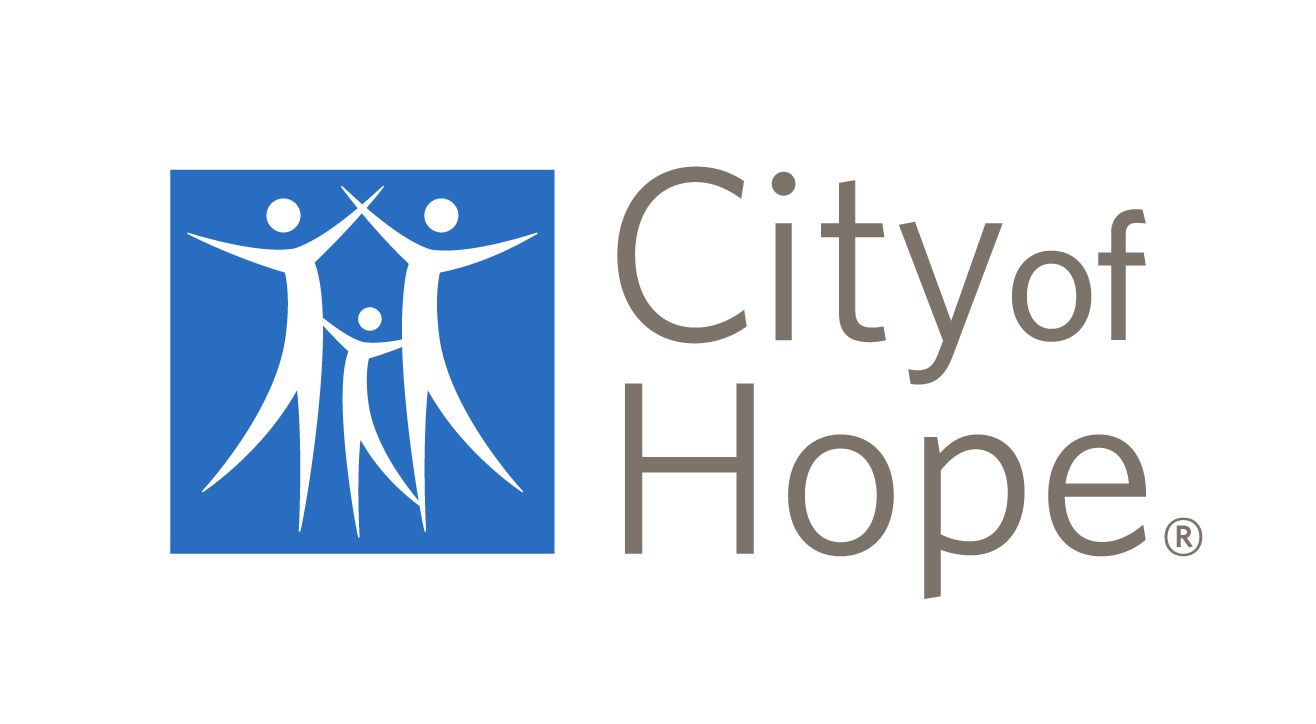- Advertise
- About OncLive
- Editorial Board
- MJH Life Sciences brands
- Contact Us
- Privacy
- Terms & Conditions
- Do Not Sell My Information
2 Clarke Drive
Suite 100
Cranbury, NJ 08512
© 2025 MJH Life Sciences™ and OncLive - Clinical Oncology News, Cancer Expert Insights. All rights reserved.
Dr. Barzi on the Importance of Developing Novel Therapies in Metastatic CRC
Afsaneh Barzi, MD, PhD, discusses the importance of developing novel therapies in metastatic colorectal cancer.
Afsaneh Barzi, MD, PhD, medical oncologist, director, Employer Strategy (AccessHope), associate professor, Department of Medical Oncology and Therapeutics Research, City of Hope, discusses the importance of developing novel therapies in metastatic colorectal cancer (mCRC).
Patients with mCRC have several treatment options available, Barzi explains. In the first- and second-line settings, patients typically receive chemotherapy in combination with a biological agent, such as FOLFOX or FOLFIRI in combination with bevacizumab (Avastin). These combinations remain effective strategies for treating patients with metastatic disease, Barzi adds.
In the third- and later-line settings, patients are treated with single-agent regorafenib (Stivarga) or TAS-102 (trifluridine/tipiracil; Lonsurf), Barzi explains. Additionally, data have emerged demonstrating efficacy with the combination of TAS-102 and bevacizumab in this patient population. A small proportion of patients with mCRC harboring NTRK fusions can be treated with NTRK inhibitors, Barzi adds.
Ultimately, treatment options for patients with mCRC are limited. Given the prevalence of the disease, which is the third most common cause of cancer-related mortality in the United States, developing novel treatment options is an important area of research for this patient population, Barzi concludes.


